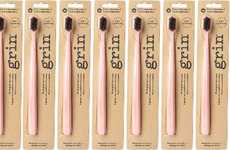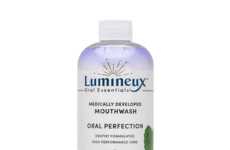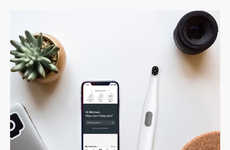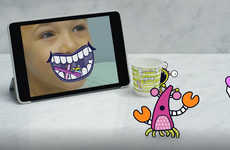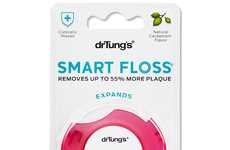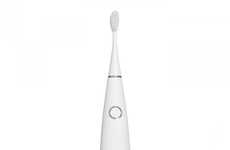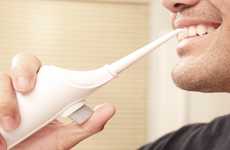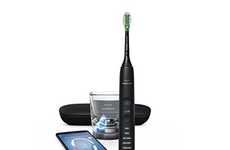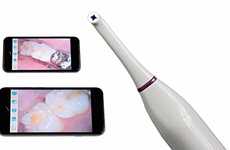

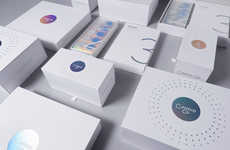

Virtual dentistry enhances accuracy and accessibility in dental services
Trend - Virtual dentistry is taking off in different forms, whether these innovations are paired with in-office appointments, or used online for various customization and convenience purposes. This industry's growth enhances accessibility for those who face certain barriers to regularly visiting dentists in the traditional way, while maintaining or strengthening the quality of care.
Insight - In the health and dental space, accessibility is often a large barrier for individuals receiving high-quality care–particularly in the U.S where a lack of free health care can take a toll on people's health on finances. Thus, consumers are increasingly turning to brands in this space that remove barriers like travel and high costs in order to achieve the healthcare results they're seeking.
Insight - In the health and dental space, accessibility is often a large barrier for individuals receiving high-quality care–particularly in the U.S where a lack of free health care can take a toll on people's health on finances. Thus, consumers are increasingly turning to brands in this space that remove barriers like travel and high costs in order to achieve the healthcare results they're seeking.
Workshop Question - How could your brand remove or reduce barriers that its customers may face in accessing its products/services?
Trend Themes
1. Virtual Dentistry - Virtual dentistry is becoming more mainstream, making dental services more accessible while maintaining quality of care.
2. DIY Dental Care - Companies like Candid Co. are offering DIY teeth care kits, allowing users to straighten their teeth and improve their smiles from the comfort of their own homes.
3. Facial Recognition Technology - Companies like AuraGlow are utilizing facial recognition technology to offer virtual teeth whitening experiences with immediate results.
4. Connected Dental Devices - Connected dental devices like the CLOBO WiFi Dental Camera are helping consumers take control of their oral health by allowing for closer and more convenient examination of problem areas.
Industry Implications
1. Healthcare Industry - Innovative virtual dentistry tools and DIY care kits are making dental services more accessible and affordable for consumers.
2. Consumer Technology Industry - Facial recognition technology is opening up new possibilities for virtual experiences in the beauty and oral care industries.
3. E-commerce Industry - DTC companies like Candid Co. are disrupting traditional orthodontic care by offering DIY care kits directly to consumers at a fraction of the cost of traditional braces.




